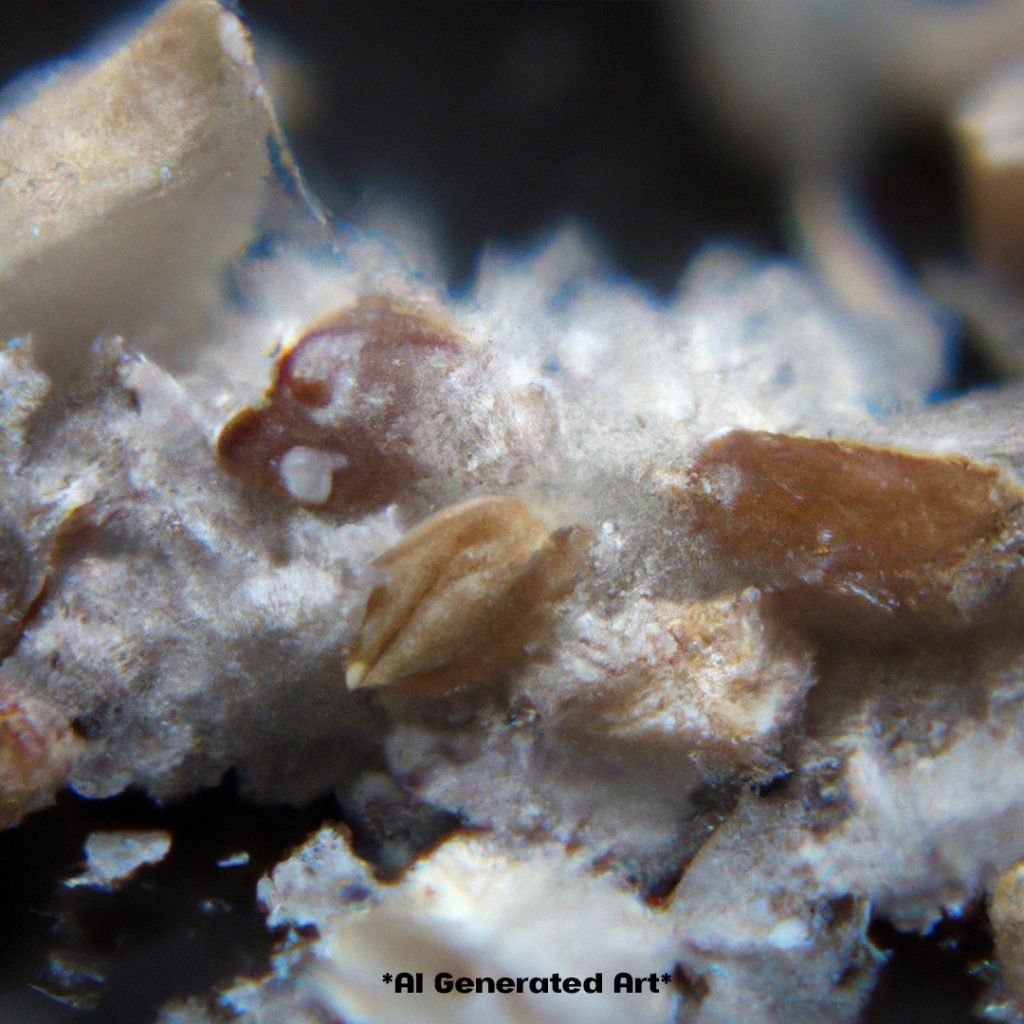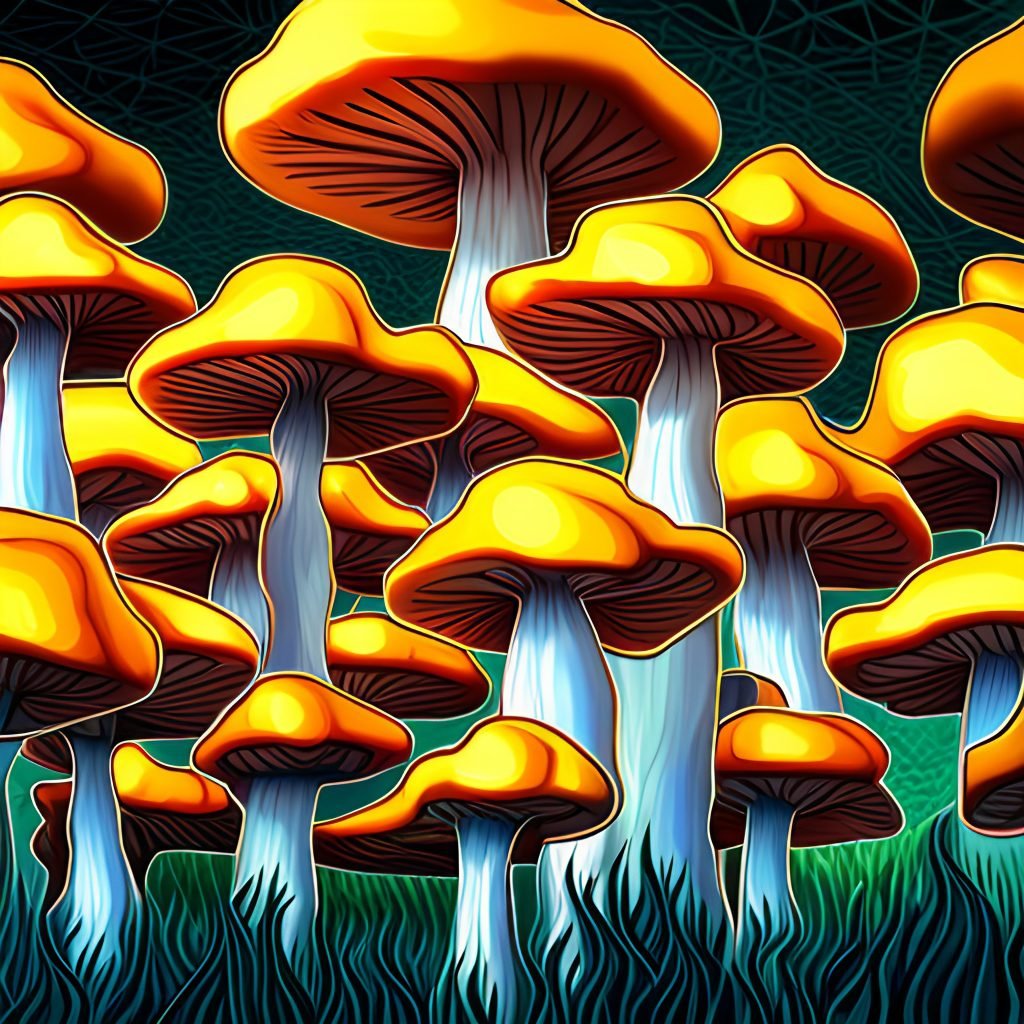Mushrooms and the Heart.1
Heart disease is a major cause of death and disability worldwide, with chronic heart failure being a common condition associated with significant morbidity and mortality. Depression is also prevalent in people with heart failure, which can further worsen their overall health outcomes. This has led to the search for alternative treatments that can improve both physical and mental health in patients with heart disease. Are there solutions? Are mushrooms on the precipice of research for aiding heart conditions?
One potential treatment that has gained attention in recent years is the use of magic mushrooms, which have been used for centuries for their mind-healing properties. However, it is unclear whether they are safe for people with heart conditions. A recent study aimed to investigate the potential effects and safety of magic mushrooms in heart disease conditions.

The study examined the effects of two types of magic mushrooms – Panaeolus cyanescens and Psilocybe cubensis – on cells in the heart. These mushrooms contain a psychoactive compound called psilocybin, which is known to have a profound effect on perception, mood, and consciousness. The researchers wanted to determine whether the mushrooms could help improve heart health and protect against cell damage.
To conduct the study, the mushrooms were oven-dried and extracted using both cold and boiling-hot water. H9C2 cardiomyocytes, which are heart muscle cells, were induced with endothelin-1, a peptide that contributes to heart hypertrophy, prior to treatment with extracts over 48 hours. Cell injury was stimulated with tumor necrosis factor-α (TNF- α). The results showed that the water extracts of Panaeolus cyanescens and Psilocybe cubensis did not aggravate the pathological hypertrophy induced by endothelin-1 and also protected against the TNF-α-induced injury and cell death in concentrations used.
Research on psilocybin mushroom spores is shedding light on how these mushrooms can have positive benefits on cells in the body. The spores contain a range of bioactive molecules, including psilocybin, which has been shown to have antioxidant and anti-inflammatory effects. These properties may help protect cells from damage caused by oxidative stress and inflammation, which are associated with a range of diseases, including cancer and neurodegenerative disorders. Additionally, some research suggests that psilocybin may have anti-tumor properties and could potentially be used to treat cancer. While more research is needed to fully understand the therapeutic potential of psilocybin mushrooms, these findings suggest that they may have a role to play in supporting overall health and wellness.
It’s important to note that this study was conducted in a laboratory setting and not on humans. Further research is needed to determine the safety and efficacy of magic mushrooms in heart failure patients. It’s also important to be cautious when using magic mushrooms, as they can have powerful effects on perception and consciousness and can lead to negative experiences when not used properly.
In conclusion, the potential use of magic mushrooms for the treatment of heart failure is an interesting area of research that warrants further investigation. While the results of this study are promising, it’s important to exercise caution and only use magic mushrooms under controlled conditions with the guidance of a healthcare professional. With further research, magic mushrooms may one day play a role in improving the health outcomes of people with heart failure.

Leave a Reply